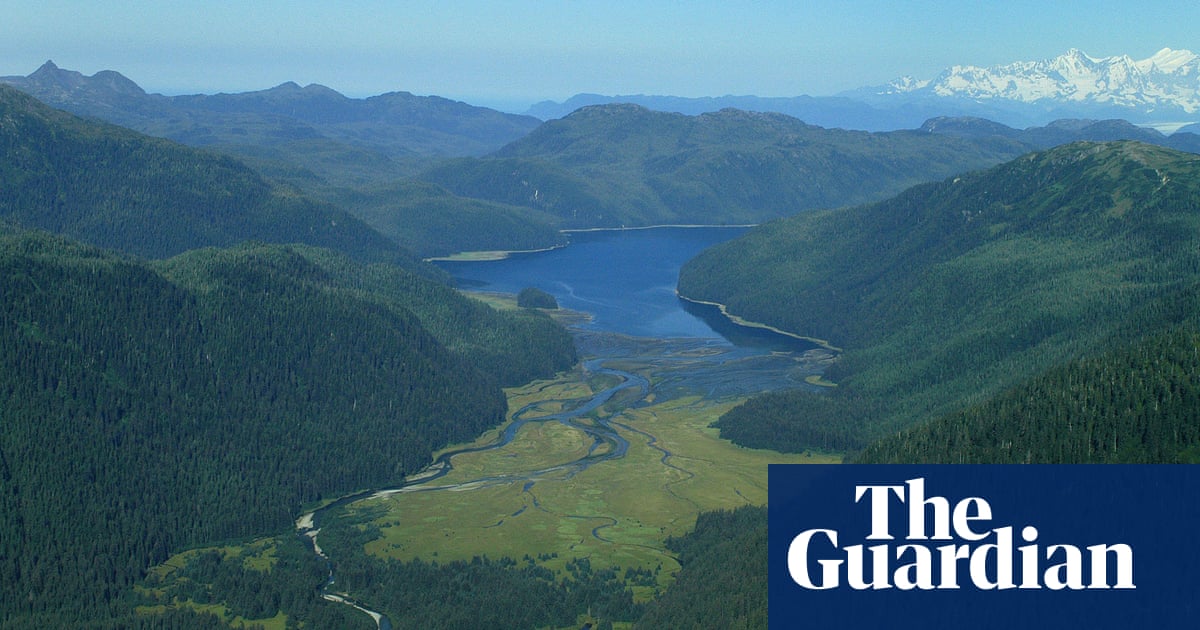Finite Carbon, created in 2009 and bought by British multinational oil and gas giant BP in 2020, is responsible for more than a quarter of the US’s total carbon credits, which it says it generates from protecting more than 60 “high credibility, high integrity projects” across 1.6m hectares (4m acres).
However, experts at the offsets ratings agency Renoster and the non-profit CarbonPlan analyzed three projects accounting for almost half of Finite Carbon’s total credits, with an estimated market value of $334m, according to analysis by market intelligence company AlliedOffsets. Renoster found issues, including trees in a project in the Alaska Panhandle that were probably never in danger of being cut down in an already extensively logged area. Of the credits Renoster looked at, they found that about 79% should not have been issued.
Renoster, a company mostly used by prospective buyers of carbon credits to help them avoid those without real climate benefits, was commissioned by the non-profit newsroom SourceMaterial to examine Finite’s projects. CarbonPlan provided additional analysis.



Carbon credits could potentially work if it was actually measured direct carbon capture, not “theoretical carbon captured in the future” or “carbon capture that would have existed anyway”.